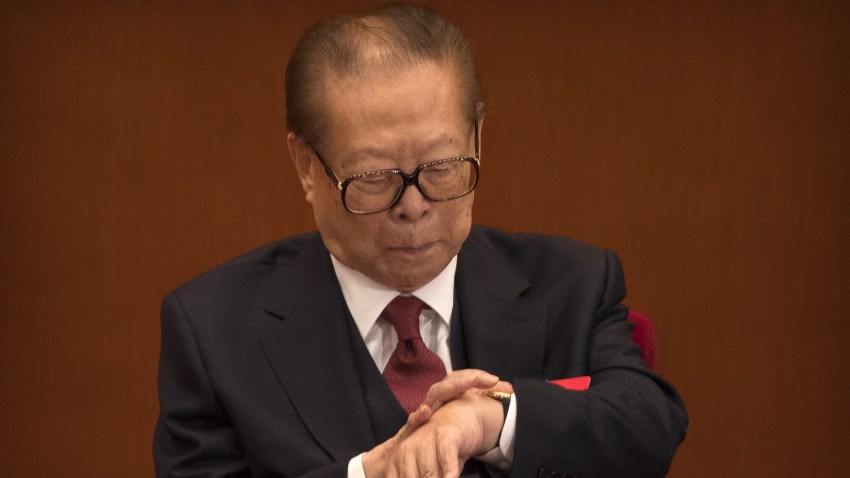“Too young. Too simple. Sometimes naïve.”
These six memetic words, accompanied by a dismissive wave of the hand, were addressed in English to a group of Hong Kong journalists by China’s then-leader Jiang Zemin during a visit to the city in 2000. The lasting impression they left among commentators and journalists in the English-speaking West help explain why they were included in so many of the obituaries that appeared after Jiang died last week at the age of 96.
As China’s leaders mourn Jiang at an elaborate state funeral, many foreign observers of Chinese politics continue to reflect on the Jiang era, particularly his impact on Chinese foreign policy, which lasted for many years after he left power in 2002. Among Chinese citizens paying their respects to Jiang before his interment at Babaoshan Revolutionary Cemetery in Beijing later in December, many will be thinking of his legacy as the Chinese Communist Party’s leader, which was as complex as the period in which he served.

